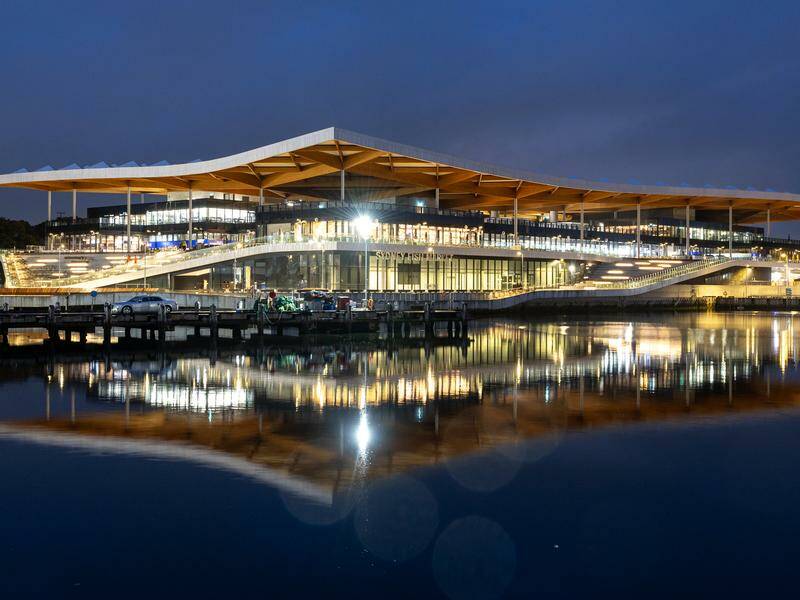
Australian Prime Minister Anthony Albanese (R) shakes hands with Papua New Guinea's Prime Minister James Marape during a press conference in Sydney on December 12, 2024. (Photo by DAVID GRAY / AFP) (Photo by DAVID GRAY/AFP via Getty Images)
BREAKING NEWS: Papua New Guinea (PNG) is facing an urgent energy crisis, as revelations surface about a staggering $1.5 billion debt held by its energy provider, PNG Power. This alarming financial situation raises serious concerns about potential repercussions for Australian taxpayers, especially as PNG seeks assistance amidst its spiraling energy woes.
The crisis, which has led to frequent blackouts and power fluctuations, was the focus of a comprehensive six-month investigation by the ABC. PNG Power’s financial troubles are compounded by significant debts owed to the Asian Development Bank and various companies. As PNG grapples with this crisis, the Australian government may find itself stepping in to provide financial support, risking further strain on its own debt-ridden Treasury.
PNG’s Minister for International Trade and Investment expressed the gravity of the situation, stating,
“We cannot pretend… we have serious issues at home… this is the reality… we have a crisis.”
Electricity access remains a major issue in PNG, where only 13 percent of the population is connected to the centralized power network. Many residents are forced to rely on private energy sources, like solar, to meet their needs. The dire energy landscape has raised alarms about the future, particularly as Australia pushes for ambitious net-zero targets.
China’s influence in PNG complicates the situation further. The nation has engaged in aggressive economic strategies, such as offering loans for energy projects. In 2022, PNG secured a loan from China for a power grid project valued at approximately $223 million. With China reportedly investing over $1 billion in various projects, concerns mount over PNG’s reliance on Chinese financial support.
Australia’s financial involvement is also notable, with loans totaling $3.1 billion issued since 2020. The Australian government has made substantial commitments in an effort to stabilize PNG, but the ongoing energy crisis raises questions about the effectiveness of these investments.
Experts warn that continued financial support for PNG could lead to more significant debt obligations for Australia. Commentators have noted,
“If we don’t give them [loans], we’re worried that… PNG will go to China.”
As PNG navigates its financial turmoil, Australian taxpayers could find themselves footing the bill for PNG’s mounting debts, which could undermine domestic priorities.
The energy crisis in PNG is not just a financial matter; it has real-world implications for the people living there. With a power infrastructure plagued by inefficiencies and corruption, PNG citizens express frustration over the lack of reliable energy services. As the nation prepares to celebrate its upcoming 50-year independence anniversary, many are questioning what there is to celebrate amidst ongoing challenges.
As the situation evolves, stakeholders are urged to monitor developments closely. The urgency of PNG’s energy crisis demands immediate attention, not only from its government but also from international partners like Australia. With the potential for significant financial implications, the time to act is now.
Stay tuned for further updates on this developing story.







